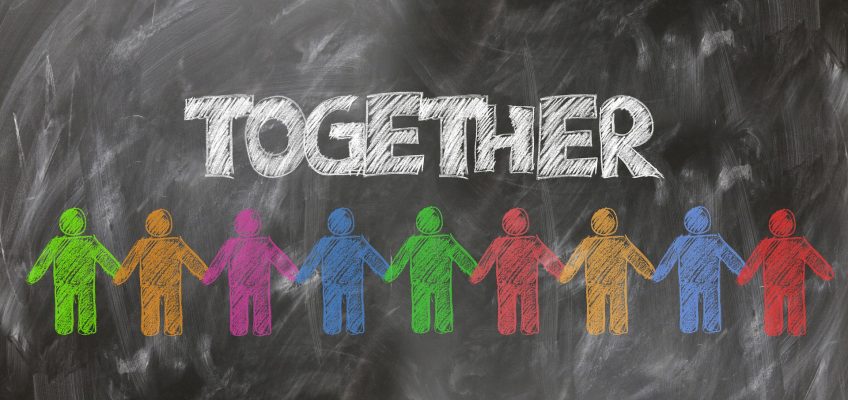In this section we present different methods and concepts, which more or less have to do with the Circle Way and are able to complement this way or offer new questions and give answers. As part of our film tour and our personal journey we have learned different ways that accompany our thinking, acting and feeling in our own circle.
Through personal training, we have recently come into contact with the concept of Global Learning. Since Global Learning has a lot in common with the Circle Way, like in the vision of a common world, it can expand it in certain questions, perspectives and methods. Therefore, we would like to provide little insight here.
What is Global Learning?
Global learning is a pedagogical concept that emphasizes self-knowledge and self-learning skills. The main topics are social justice and equality, ecological and economic sustainability as well as human rights. Power structures, discrimination and racism are treated from different perspectives. By incorporating individual, structural and social levels as well as local and global developments, Global Learning also offers a holistic approach.
Most fascinating to us is this concept having no strict definitions and postulating no “absolute truths”. Instead, global learning is part of a constant process of development through a constructive exchange of all interested parties, speakers, students, participants and authors. By providing different perspectives, it promotes the perception of global contexts as well as connected thinking. Finally, many Global Learning lectures and seminars encourage students and participants to take action. Often this has resulted in smaller to larger initiatives, such as a self-organized fair-trade shop by students.
Connections to the Circle Way
As Global Learning addresses both individual and societal issues, it can complement the circle’s path with wider perspectives. How to do Talking Circles in countries with a completely different cultural, social and economic background for example? Are the methods of the CircleWay able to not only solve individual and community problems, but also tackle social or political issues? What is necessary for us to become world citizens all together?
On the other hand, how can people who are involved in Global Learning benefit from the feelings work and the connecting methods of the CircleWay? Are the wounds, e.g. of power and discrimination, are to be seen and cured by using Talking Circles?
And now?
You can learn more about Global Learning at the following links, go to seminars or lectures yourself, catch someone to give a talk at your school or even become a speaker yourself. You could also address such topics in your circle, raise awareness and talk about local and global issues for example.
And here is an exciting video, which we have seen at a Global Learning seminar. It is a breathtaking talk by Chimamanda Adichie about the danger of a single story.
You did not know her yet? Let’s go!



Leave a Reply
You must be logged in to post a comment.